News Desk
Sites at in the Baza basin in Granada have yielded ancient human remains since at least the 1980s. A new study, published in the Earth-Science Reviews journal, provides evidence that these are the earliest known hominids to have made it to Europe.

So much is still unknown about consciousness, nevermind whether brain organoids will achieve it, explains a leading neuroscientist.
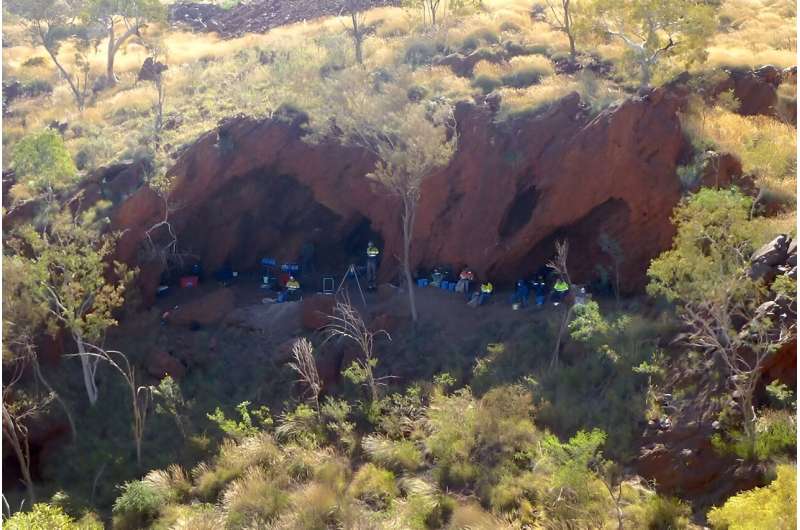
In May 2020, as part of a legally permitted expansion of an iron ore mine, Rio Tinto destroyed an ancient rockshelter at Juukan Gorge in Puutu Kunti Kurrama Country in the Pilbara region of Western Australia…The full results of the excavation are published for the first time in Quaternary Science Reviews.

A study by ANU highlights a 42,000-year-old human settlement in Indonesia’s Tanimbar islands, offering insights into the advanced maritime technology and migration strategies of early humans in Southeast Asia.

Hot enough to melt metal and blanketed by a toxic, crushing atmosphere, Venus ranks among the most hostile locations in the solar system. But astronomers have reported the detection of two gases that could point to the presence of life forms lurking in the Venusian clouds.
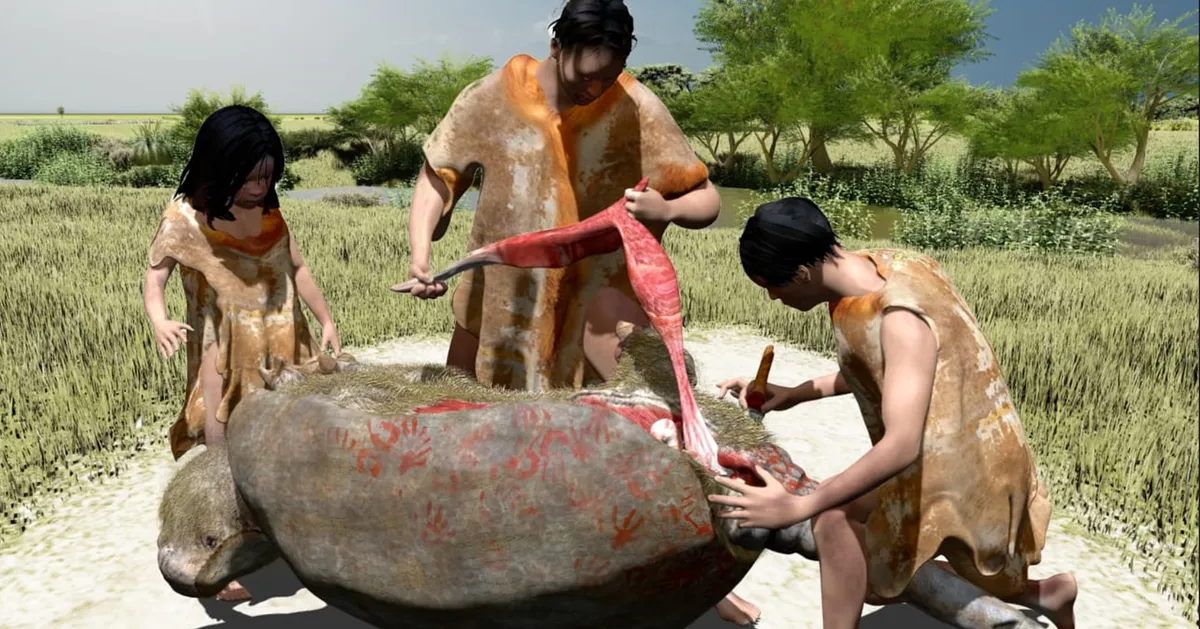
The discovery of butchered bones belonging to a glyptodont, a giant relative of the armadillo, suggests that humans were living in Argentina 20,000 years ago. See the study here.
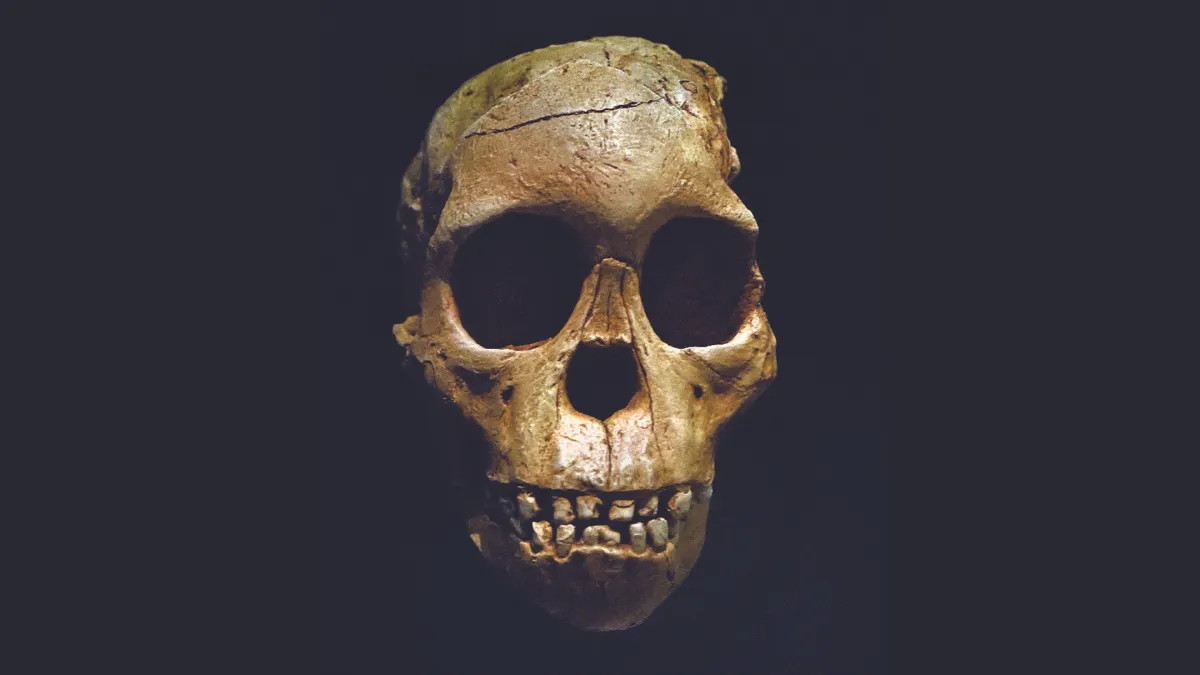
A new study examines fossil teeth of the Taung Child to hone in on its age…In the century since the Taung Child was found and described, a great debate has developed about the geological ages of the Australopithecus fossils found at Sterkfontein as well as those from Taung and a third site, Makapansgat.

In 2029, an asteroid larger than the Eiffel Tower will skim past Earth in an event that until recently scientists had feared could foreshadow a catastrophic collision. Now, researchers hope to scrutinise 99942 Apophis as it makes its close encounter in an effort to bolster our defences against other space rocks

Indigenous leaders denounce a “spiritual extractivism” of the psychedelic plant taking place and warn about the impacts of its exploitation on the forest and traditional knowledge.

The hunt for alien civilisations may be entering a new era, researchers believe. Scientists with Breakthrough Listen, the world’s largest scientific research programme dedicated to finding alien civilisations, say a host of technological developments are about to transform the search for intelligent life in the cosmos.
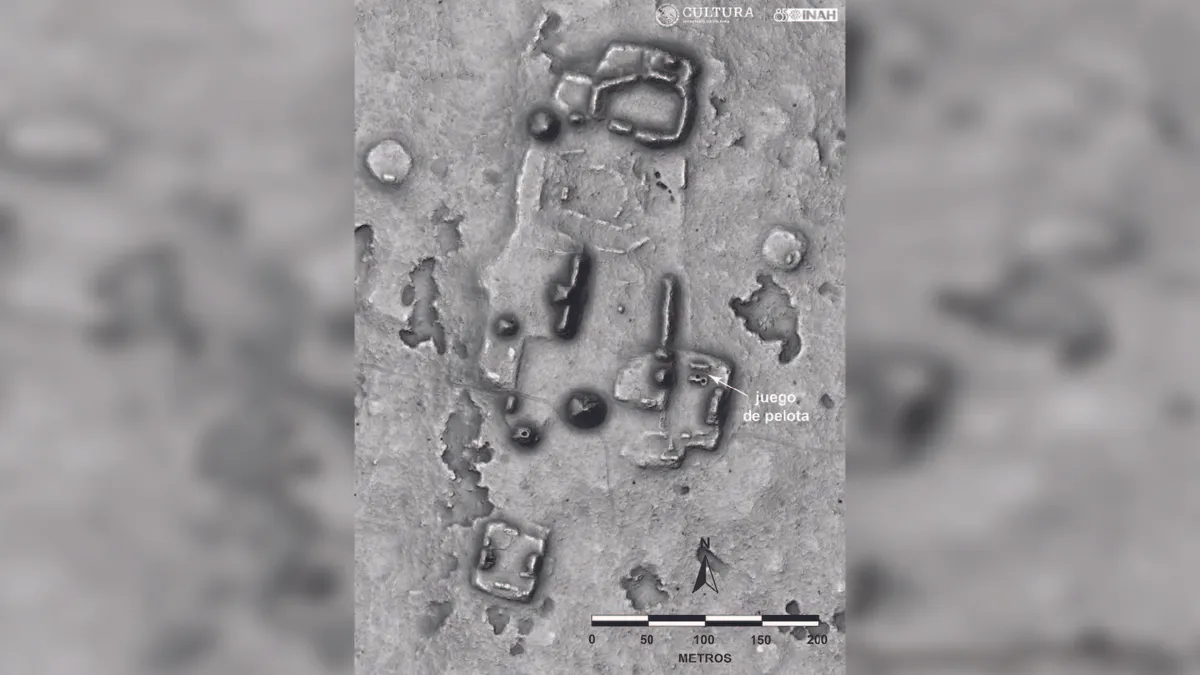
Archaeologists in Campeche, Mexico, have found an underground structure beneath a Maya ball court, as well as offerings on top of a Maya pyramid at another site.
In a new study published in the journal Molecular Psychiatry, scientists have used sophisticated imaging techniques to explore the neural underpinnings of these eyes-closed visual experiences, offering new insights into visual perception and imagery.

Archaeologists have uncovered one of the earliest Christian buildings in the Arabian Gulf—the first physical evidence of a long-lost community.
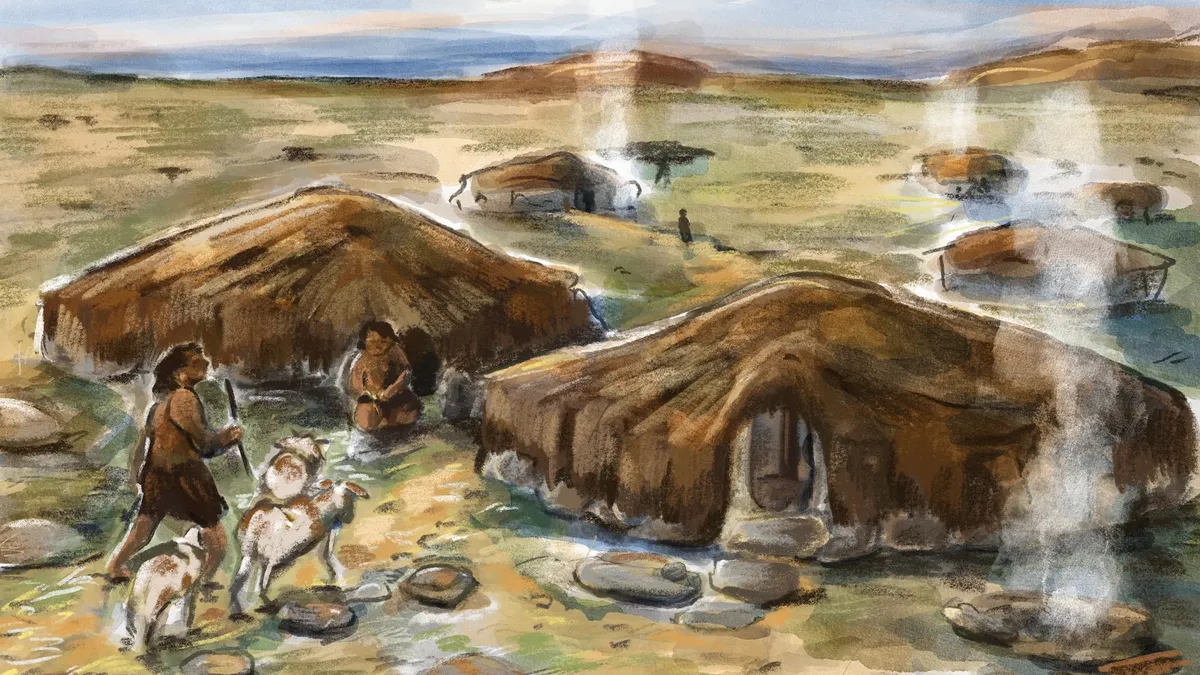
Archaeologists in Saudi Arabia have excavated eight ancient “standing stone circles” that they say were used as homes. About 345 of these structures were identified through aerial surveys across the Harrat ‘Uwayrid, a lava field near the city of AlUla in northwestern Saudi Arabia, the team reported July 2 in the journal Levant.

A study led by researchers from the UAB and the CSIC has revealed that the earliest Neolithic groups to settle some 7,000 years ago in the Pyrenean site of Coro Trasito (Tella, Huesca) used species selection strategies to manufacture their tools made out of bone and chose deer for the projectile tips.
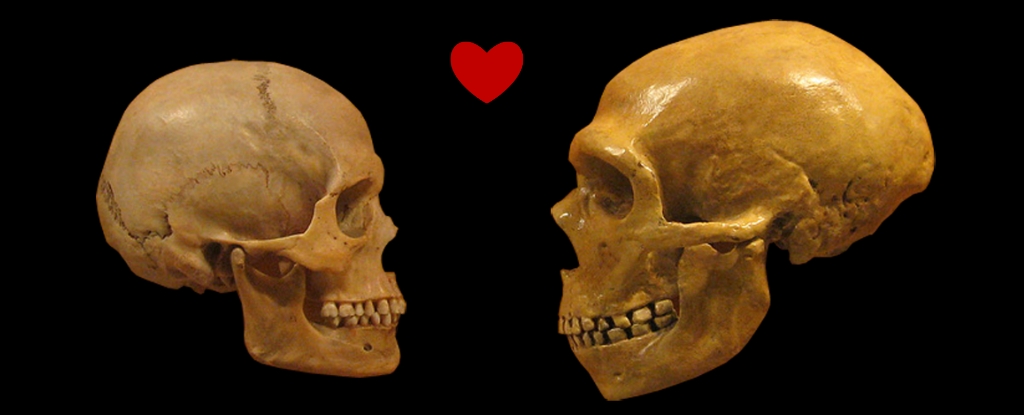
Neanderthals and modern humans had a fascinatingly intertwined past. We know, from studies of our own DNA, that when the paths of the two species crossed, things could get more than a little steamy. The research has been published in Science.








